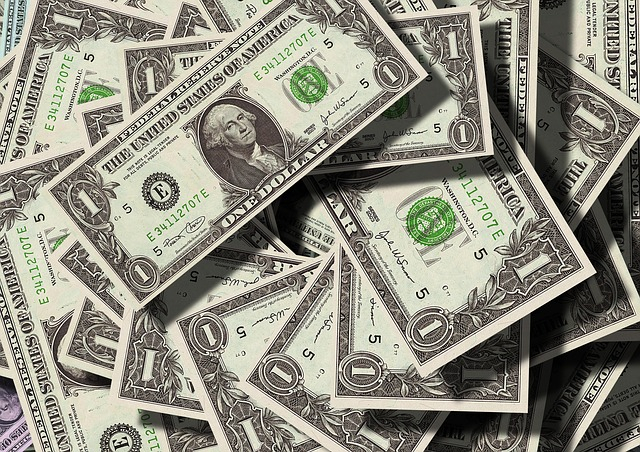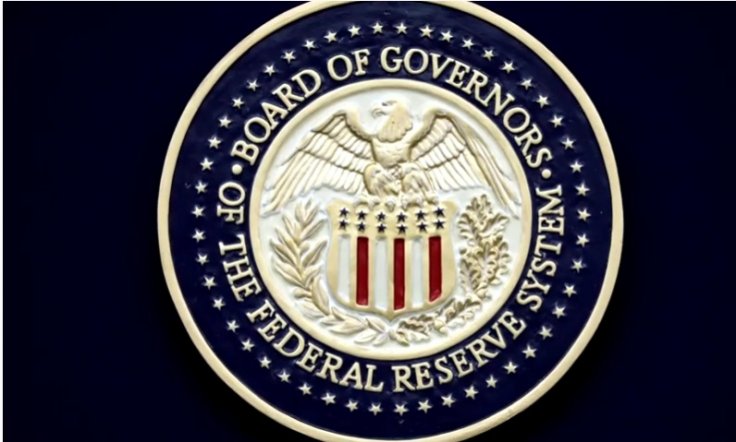The move by the United States toward another round of fiscal stimulus to bail out millions affected by the pandemic coupled with the Fed's aggressive monetary policy easing may put the dollar at risk, as people may lose confidence in it, warned a former senior executive of the International Monetary Fund (IMF). He also said that the dollar's dominant position as a global currency is fast eroding due to escalating US government debt.
The United States has been one of the worst casualties of the pandemic that has seen the Fed printing trillions of dollars to make up for the stimulus to fight the pandemic which is now fast putting its global value at risk. This could further pose a risk and worsen its economy in the days to come with another round of stimulus in the offing.
Dollar to Dip

Mounting US government debt is posing a threat to the dollar's position as a dominant global currency, said Zhu Min, who was the deputy managing director of the IMF between 2011 and 2016. He warned that the US dollar's dominant position might further get eroded once an additional stimulus package is announced.
The US economy lost 37% in the second quarter, according to the IMF. This is despite the unprecedented $3 trillion stimulus package announced by the Fed in March. Moreover, IMF predicts that the country's GDP will fall 6.6% by the end of the year, which will further mount pressure on the economy.
The stimulus rolled out earlier this year may have been helping millions impacted by the pandemic but such aggressive measures may backfire in the long term given that the printing press is running at full capacity churning out billions of dollars bills, providing an influx of unsecured cash, which is slowly devaluing the dollar.
Double-Edged Sword

Congress is considering an additional $1 trillion coronavirus relief package over and above the $2 trillion passed earlier in March to support the US economy. This may come as a great relief for those impacted by the pandemic but can take a further toll on the dollar's dominant position.
The Democrat-led House of Representatives and the Republican-led Senate now need to reach a deal for two separate bills, with the House already having passed a $3 trillion stimulus package. The Senate, however, is likely to pass a smaller bill of $1 trillion. "The concern isn't whether the US dollar will see an accumulated decline of 30 percent in the future, but whether there will be a blow-up event that causes a sudden loss of confidence in the US dollar, and its market to collapse," said Zhu.
The situation this time is quite unlike the 2008 global financial crisis. Companies are a lot more vulnerable because of the Fed's aggressive measures to maintain a low interest rate environment, which is resulting in a sharp increase in corporate borrowing. That, however, may not always help in preventing many from going bankrupt as the crisis is different this time wherein even if a company resumes business, it will have to adhere to social distancing measures, said Zhu.
"So, the question of whether there will be a financial crisis will depend on whether a major company will be the next to go bankrupt," added Zhu. More companies going bankrupt mean a jump in corporate default ration, thus leading to a sovereign debt crisis.
Situation Could Further Worsen

The sale of government bonds remains the primary source of funding for the US budget deficit, which has already reached almost $3 trillion. The coronavirus crisis made many countries buy US-dollar-denominated bonds to save their own economy amid fears of a global recession. So much so that it pushed the dollar to a three-year high in March. The picture looks rosy as the US economy got saved but it also started running on soaring public deficits and debt.
Moreover, the global role of dollar now seems more complicated given the geopolitical tensions between the US and China. According to the bank for international settlements, dollar is quoted at 33% above the lows of 2011 but it may not take long for it to return to those lows by next year having weakened by 35% when adjusted for inflation.









